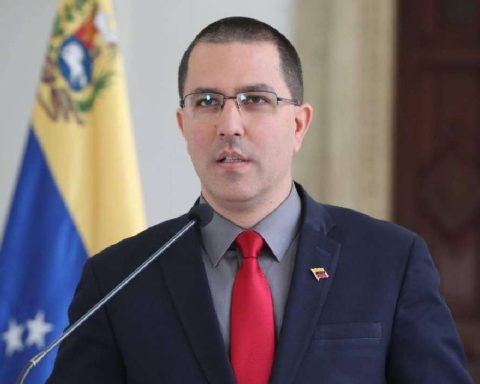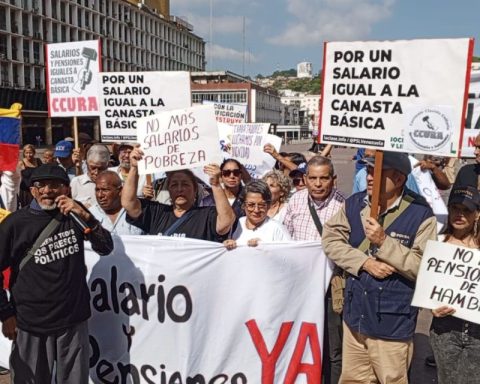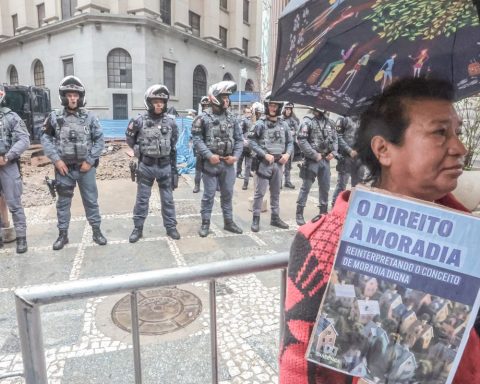The current president of the Spanish government, Pedro Sánchez, of the Socialist Party (PSOE), is running for re-election. No party is expected to achieve an absolute majority, so voters will basically choose between another left-wing government coalition or a new one made up of the right and the far right.
This Sunday, July 23, more than 37 million voters are called to the polls to exercise their right to vote in the general elections. The members of the Congress of Deputies and the Senate will be chosen, which in turn will elect the president who will lead the country for the next four years.
The current president of the government of Spain, Pedro Sanchezof the Socialist Party (PSOE), aspires to re-election. His progressive government, made up mostly of women, guided the country during the covid-19 pandemic, promoted environmental policies, avoided the inflation caused by the war in Ukraine and reinforced Spain’s image internationally.
Among his electoral proposals are expanding public health coverage, allocating more public rental housing, increasing investment in education and betting on green energy.
The other main left-leaning party is Sumar, formed by the coalition of groups such as Podemos, Izquierda Unida, Compromís and Más Madrid. Its leader is Yolanda Díaz, the current second vice president of the government and Minister of Labor and Economy. Her polls consistently show her as one of the highest-rated politicians in the country.
If he reaches Moncloa, Díaz intends to raise the minimum interprofessional wage, reduce the working day to 32 hours, establish a basic shopping basket at affordable prices and limit tourist rentals, among other proposals.
The right-wing Popular Party is led by Alberto Núñez Feijóo. To repeal “sanchismo”, the name by which members of the party call the Sánchez government, it intends to reform the financing of the Autonomous Communities, establish a housing guarantee program for young people up to 35 years of age, temporarily reduce VAT (value added tax) in the shopping cart and implement a “greater linguistic balance” in bilingual communities, such as Catalonia or Galicia.
Nuñez Feijóo also intends to repeal the Democratic Memory Law, a measure approved during the Sánchez legislature through which thousands of Latin Americans of Spanish descent can obtain Spanish nationality.
Santiago Abascal is the candidate of VOX, the far-right party. If he manages to govern, he intends to eliminate the current Equality Government, outlaw the regional parties that seek independence from Spain, expel immigrants who arrive in the country illegally, and reform the Criminal Code and the Criminal and Civil Procedure Laws to protect homeowners against illegal occupations. Like the Popular Party, he also intends to repeal the Democratic Memory Law.
Opinion polls indicate that the political right would have an advantage in the elections, and that would increase the chances that VOX will be part of the government. The extreme right has not held power in the country since the democratic transition after the death of the dictator Francisco Franco in 1975, after an authoritarian regime of almost 40 years.
No party is expected to achieve an absolute majority, so voters will basically choose between another left-wing governing coalition or a new one made up of the right and the ultra-right.
After getting seven million votes, the PP was proclaimed the winner in the last municipal elections on May 28. It established itself as the first force in capitals such as Madrid, Valencia and Seville.
After the poor results obtained by the PSOE, Sánchez decided to dissolve the Cortes and call elections for July 23, a date that has caused controversy because it took place in the middle of the summer period and that has multiplied the vote by mail.
*Read also: Participation in elections in Spain exceeds 40% in the first hours of voting














